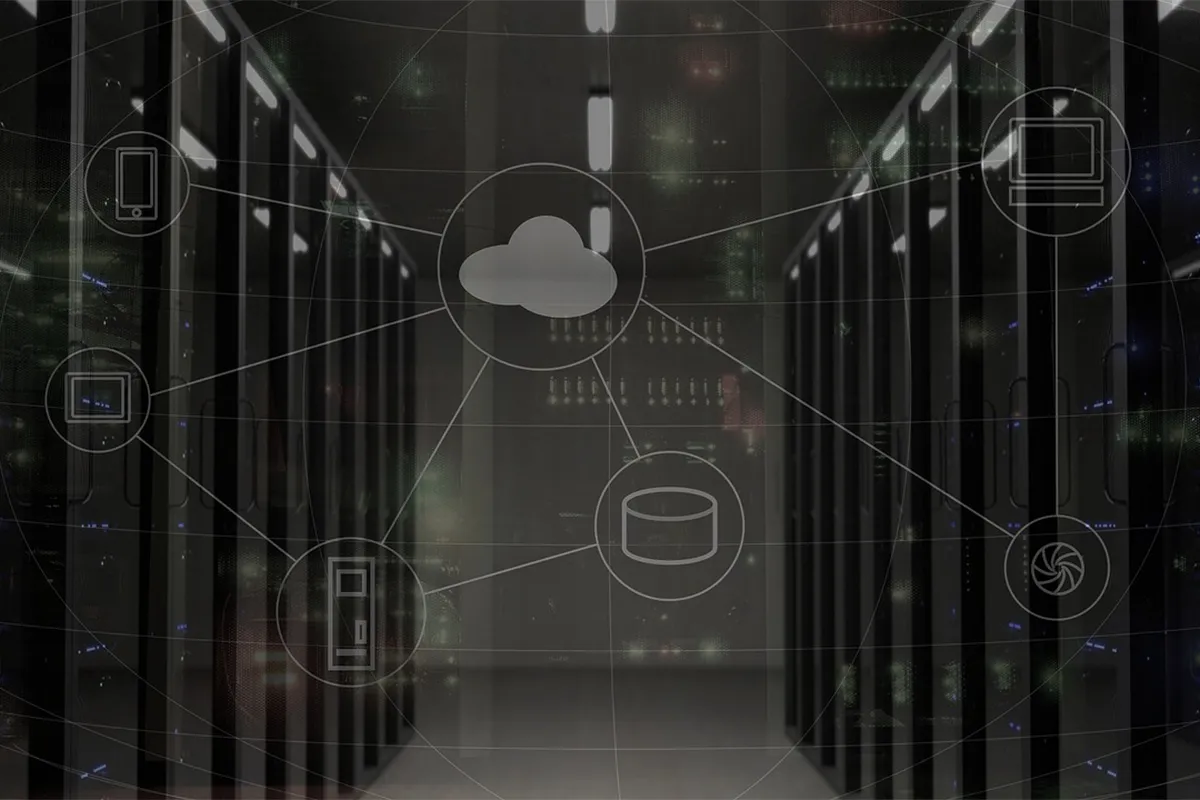Data has become the most important element in the digital advertisement industry. Companies spend millions to acquire their customers data. This, in turn, allows them to formulate targeted ad campaigns. Such campaigns reach their customers accurately and generates them a handsome revenue.
Successful advertising campaigns require more data to analyze the metrics and reports. More data means more customers. This data may include gender, age, location, active search trends, and preferences. With such important knowledge, it becomes much easier to generate leads and achieve a higher level of conversions.
Now, you do not have to connect your mobile phone to transfer your data to a PC. Instead, we all use cloud technologies to complete these time-consuming tasks in seconds. The convenience is eroding our data privacy. The service providers hold complete knowledge of our actions. Resultantly, they use it to their advantage by showing us more relevant ads on our screens.
What are Cloud Technologies?
It is important to understand the concept and service offered by these cloud companies. This will let us know how the misuse our information.
Cloud services change how people store and use data. There are three main types of cloud services. These types are Infrastructure as a Service (IaaS), Platform as a Service (PaaS), and Software as a Service (SaaS). IaaS gives users virtual computing resources over the Internet.
Users can rent servers and data storage space. PaaS gives a platform for developers. They can build and test applications there. They do not need to manage the infrastructure. SaaS delivers software through the Internet. This means users can access software in their browsers. They do not need to install it.
Big companies like Google, Microsoft, and Apple are leaders in cloud services. Google Cloud Platform (GCP) has many tools for data analysis, storage, and machine learning. Many businesses like GCP because it is scalable and flexible.
Microsoft Azure gives a strong environment for app development and analysis. It works well with other Microsoft products. Many organizations like it.
Apple iCloud is for personal users. The basics of Apple’s privacy protection are better than those of other companies. It helps them store photos, documents, and backups easily. It improves user experience on Apple devices.
Privacy Concerns
However, cloud technologies have big privacy concerns. They can handle customer information in a bad way.
- Data Collection Practices: Companies collect a lot of data from their users. This collection happens through online activities. For example, Google gathers data with its search engine, Gmail, and YouTube. This data helps to make the user experience better. Yet, many users feel worried about how companies use their information.
- User Tracking and Surveillance: User tracking is common with cloud services. Companies watch the real-time activities of users. They create detailed profiles of users. This allows targeted advertising based on user interests. Users receive personalized advertisements. They may feel uncomfortable because their actions are always watched.
The question is: does convenience make it okay to lose privacy? As users use cloud services, the balance between utility and privacy changes in unclear ways.
Security Risks and Data Breaches
There are a number of cyber security measures that we are to take to ensure that our information does not land in the wrong hands.
1. Mass data breaches: Centralized data storage creates big risks. Many companies store large amounts of personal information together. This makes it simple for hackers to find and steal this data. One breach can affect millions of users. Examples include the big breaches at Equifax and Yahoo.
These events show how weak companies can be. They showed sensitive information like Social Security numbers and email accounts. The results for users can be serious. Identity theft and fraud can destroy lives. In a world where personal data is money, users must question how safe centralized systems are.
2. Third-Party Access: Third-party access is common. Many cloud services share data with outside developers. They do this through Application Programming Interfaces or APIs. This access lets outside companies use data in new ways. However, it creates serious privacy issues. Users may not know how third parties use their information.
For example, a developer can misuse data or create security problems. These actions can harm user privacy. Users need to remember that every connection has risks. Data sharing makes it easier for breaches to happen. Users should ask if they can trust everyone involved.
3. Government Surveillance: Governments have the power to access private data in cloud services. Legal laws like the Patriot Act allow agencies to ask for user information. Companies usually comply with these requests. Users do not often know when this happens. The General Data Protection Regulation is also known as GDPR. It tries to protect privacy. However, it has limitations.
Many people argue that these laws allow too much government access. High-profile cases show how much the government can watch people. The NSA revelations are one example. Cloud technologies make it easier for agencies to track individuals. This situation creates fear about privacy in the digital age.

Ethical Implications of Data Use
User consent and transparency are important parts of data use. Many users do not understand the agreements they accept. These user agreements can be very long. They can be full of technical terms. This complexity can mislead users. Users might agree to more than they realize. Informed consent is difficult in this situation. Users should have clear information about how companies use their data. Companies must show respect for privacy by being open.
Tech companies have a big responsibility for data handling. They should act ethically when they use user information. They need to think carefully about how they collect and store data.
Companies must think about whether they are putting profit over privacy. The debate about corporate accountability is strong. Users want companies to take serious steps to protect their data. They expect honesty and strong actions from their service providers.
Preventive Measures for Privacy Risk
Organizations take some actions to handle privacy risks. Data encryption plays a big role in protecting user data. Encryption turns information into unreadable code. Only authorized users can access this information.
Anonymization is another method that helps protect privacy. It removes personal identifiers from data. This makes it harder to link data to individual users. Companies also improve user privacy settings. They allow users to control their data. Users can decide what to share. This empowers users, but they must understand how to use these settings. Users can take steps to protect their personal data. They should choose strong passwords for every account. Users must be careful when they share information online. Social media platforms expose personal lives. They should think carefully before posting details.
Many tools help to maintain privacy. Privacy-focused browsers give better protection than regular ones. Virtual private networks (VPNs) hide IP addresses and secure internet connections. Users can explore these options to make their privacy better. The more users know about their choices, the more control they have over their data.
Conclusion
Cloud technologies have a big impact on privacy. These services change how we store and access data. Companies like Google, Microsoft, and Apple collect a lot of personal information. Users may like the convenience. However, they must face the risks. Data collection happens at every step. When people use cloud services, they share their activities and preferences without understanding them. This makes them feel vulnerable.
What will happen next for privacy and cloud technologies? The future may bring more strict rules. Governments want to protect user data better. Companies will improve their security, too. Users are more aware of their privacy rights. They want better protection from tech companies.
The challenge is to find a balance. Users want convenience and do not want to lose privacy. It is hard to achieve this balance. People should know how their data is used. They also must take steps to secure their information. Only then can they take back some control in this cloud-dominated world. It is important for users to understand the effects of using these technologies. The way forward needs awareness and careful choices.

